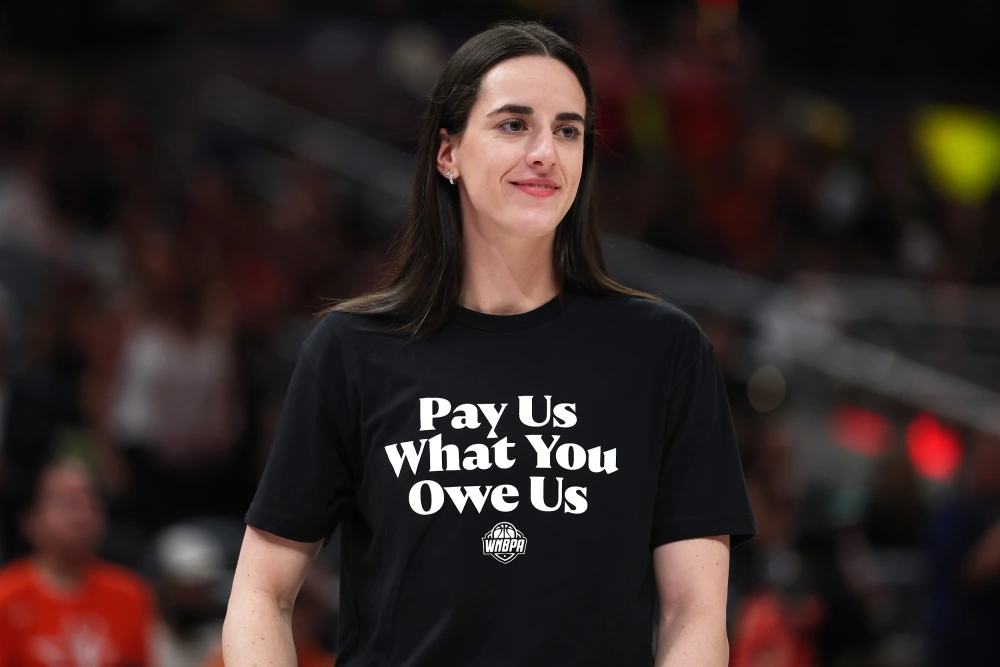The current debate over salaries of WNBA players is a very good example of how the wealthy build wealth while others struggle to get ahead.
Players during the All-Star game last week wore t-shirts that read “Pay Us What You Owe Us,” a public statement regarding the ongoing union negotiations. Often negotiations in sports leagues results in the players sharing a certain percentage of revenues.
But, as many point out across social media, the WNBA is not profitable, and never has been. So why should players be getting raises from the relatively meager salaries they get today?
Because even while the WNBA has never turned a profit, WNBA team owners have added millions of dollars, and in some case hundreds of millions of dollars, to their net worth. If they don’t sell the team, they don’t have cash on hand, but that asset is still immensely valuable. Even without selling it, that worth can be compounded, as the owners borrow against the asset, much like using equity in ones home, and use that cash to invest elsewhere.
And team owners have seen those values skyrocket in recent years, and even more in the last year with the Caitlin Clark phenomenon. The average WNBA franchise is now worth $269 million, a 180% increase from 2024, which means teams owners added over 100 million in net worth in the last year alone.
But, because they are not profitable, they pay no taxes, and they have not increased the player share of revenues.
This isn’t uncommon, but the players know the game.
For years, Democrats clamored that amazon and other large corporations with billions in revenue paid no taxes. And they were right; Amazon would reinvest free cash, showing no revenue on the books, but the net worth of the company, and Jeff Bezos, was skyrocketing. Shareholders could borrow against the shares, but as the shares were not actually sold, there were no taxes paid.
But even then, Amazon shareholders raked in serious cash. Salaries and bonuses were in the millions, and many had thousands of shares of stock and options.
WNBA players have helped build the wealth of WNBA players, but are not shareholders. True, the league isn’t profitable, but adding hundreds of millions to the owners net worth means something too.
Should they be paid the same as NBA players? Of course not. But when the average salary is under $100,000, and the average team has averaged an increase of almost 100 million in net worth in the last year alone, its time for the players to be compensated.
